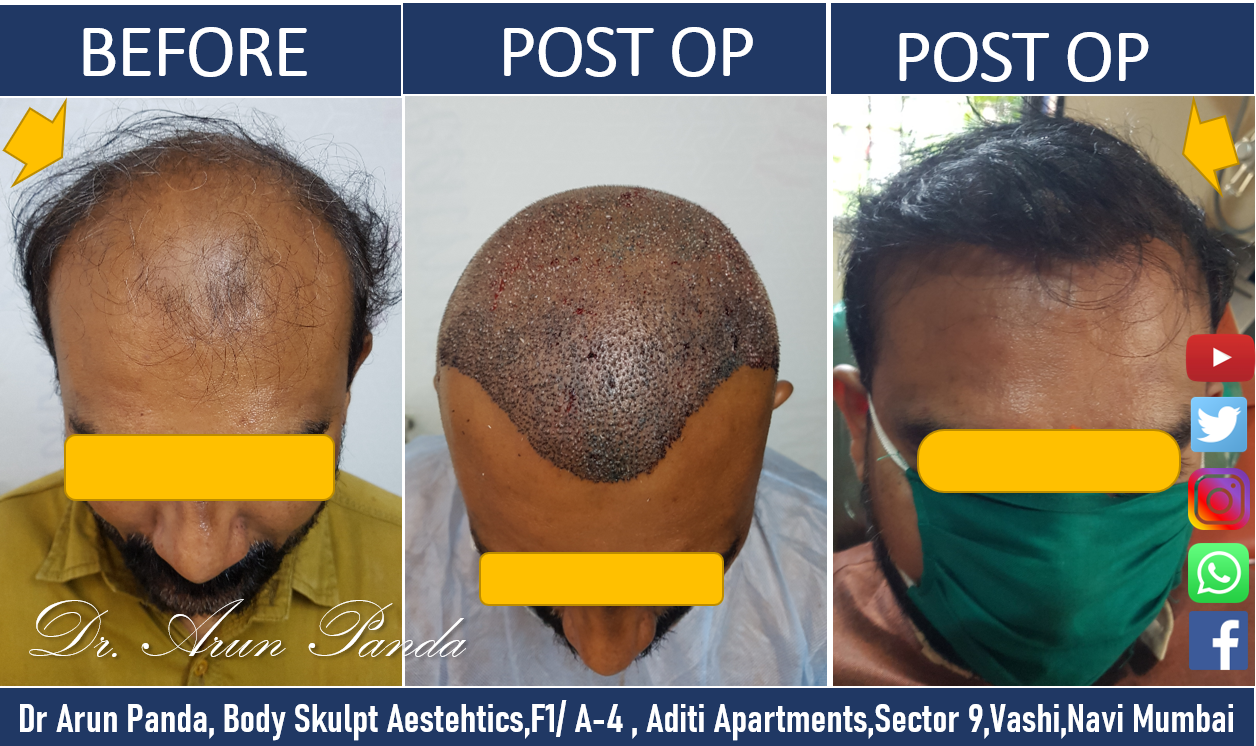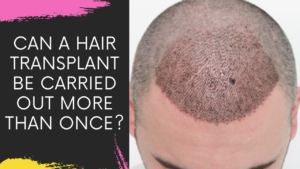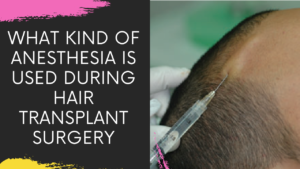HAIR TRANSPLANT IN MUMBAI
Hair transplantation is the technique used to transplant hair from one area of the scalp to the front or side blocks of the hairline (specifically from the backside of the head). There are several types of hair transplant procedures for treating hair loss issues in men and women, such as FUE (Follicular Unit Extraction), FUT (Follicular Unit Transplant), PRP (Platelet Rich Plasma), etc.
How does one experience when the word hair comes to mind? Black, coarse or silky texture that varies according to age, gender and geographic area in which one is present and living. Since an early age, the appearance of hair has always added an extra dash to the character of men and women.
It’s very depressing and unsettling to picture one’s personality without hair unless one is Howie Mandel~! While few of the hair loss-related ailments can be treated with home remedies or medications, most hair-related problems can only be solved by careful examination of the ailment and then corrective action after that, hair transplantation being the most popular.
What causes hair loss?
Hair loss has many causes. What’s causing your hair loss can determine whether your hair:
- Falls out gradually or abruptly
- Thins
- Can regrow on its own
- Requires treatment to regrow
Causes of hair loss
Hereditary hair loss
Both men and women develop this type of hair loss, which is the most common cause of hair loss worldwide. In men, it’s called male pattern hair loss. Women get female pattern hair loss.
Age
With age, most people notice some hair loss because hair growth slows.
Alopecia areata
Alopecia areata is a disease that develops when the body’s immune system attacks hair follicles (what holds the hair in place), causing hair loss. You can lose hair anywhere on your body, including your scalp, inside your nose, and in your ears. Some people lose their eyelashes or eyebrows.
Cancer treatment
If you receive chemotherapy or have radiation treatment to your head or neck, you may lose all (or most of) your hair within a few weeks of starting treatment.
Childbirth, illness, or other stressors
A few months after giving birth, recovering from an illness, or having an operation, you may notice a lot more hairs in your brush or on your pillow. This can also happen after a stressful time in your life, such as a divorce or death of a loved one.
Hair care
If you color, perm, or do too much experimentation with your hair, you could be damaging your hair. Over time, this damage can lead to hair loss.
Hairstyle pulls on your scalp
If you often wear your hair tightly pulled back, the continual pulling can lead to permanent hair loss. The medical name for this condition is traction alopecia.
Hormonal imbalance
A common cause of this imbalance is polycystic ovary syndrome (PCOS). It leads to cysts on a woman’s ovaries, along with other signs and symptoms, which can include hair loss. Stopping some types of birth control pills can cause a temporary hormonal imbalance. Women who develop a hormonal imbalance can develop thinning hair (or hair loss) on their scalp.
Scalp infection
A scalp infection can lead to scaly and sometimes inflamed areas on your scalp. You may see what look like small black dots on your scalp. These are actually stubs of hair. Some people develop a bald spot.
Medication
A possible side effect of some medications is hair loss. If you think a medication is causing your hair loss, ask the doctor who prescribed it if hair loss is a possible side effect. It’s essential that you do not stop taking the medication before talking with your doctor. Abruptly stopping some medications can cause serious health problems.
Scalp psoriasis
Many people who have plaque psoriasis develop psoriasis on their scalp at some point. This can lead to hair loss.
Pulling your hair
Some people pull on their hair, often to relieve stress. They may be unaware that they’re pulling their hair. The medical term for this is trichotillomania.
Scarring alopecia
This condition develops when inflammation destroys hair follicles. Once destroyed, a hair follicle cannot grow hair. Diverse conditions can cause this. The medical name for this group of conditions is cicatricial alopecia.
Sexually transmitted infection
Left untreated, a sexually transmitted infection (STI) can lead to hair loss. Syphilis is such an STI. Left untreated, syphilis can cause patchy hair loss on the scalp, eyebrows, beard, and elsewhere. Other STIs can also cause hair loss.
Thyroid disease
If you have a problem with your thyroid, you may see thinning hair. Some people notice that their hair comes out in clumps when they brush it.
Too little biotin, iron, protein, or zinc
If you’re not getting enough of one or more of these, you can have noticeable hair loss.
Friction
People can develop hair loss were boots, socks, or tight clothing frequently rubs against their skin. The medical term for this is frictional alopecia.
Poison
Being slowly poisoned can lead to hair loss. Poisons that can cause hair loss include arsenic, thallium, mercury, and lithium. If you ingest a large amount of warfarin, which is found in rat poisons, it can also cause hair loss. Taking large amounts of vitamin A or selenium is also toxic and can cause hair loss.
Website: https://www.drarunpanda.com/
Linkedin: https://www.linkedin.com/in/drarunpanda
Email: [email protected]





